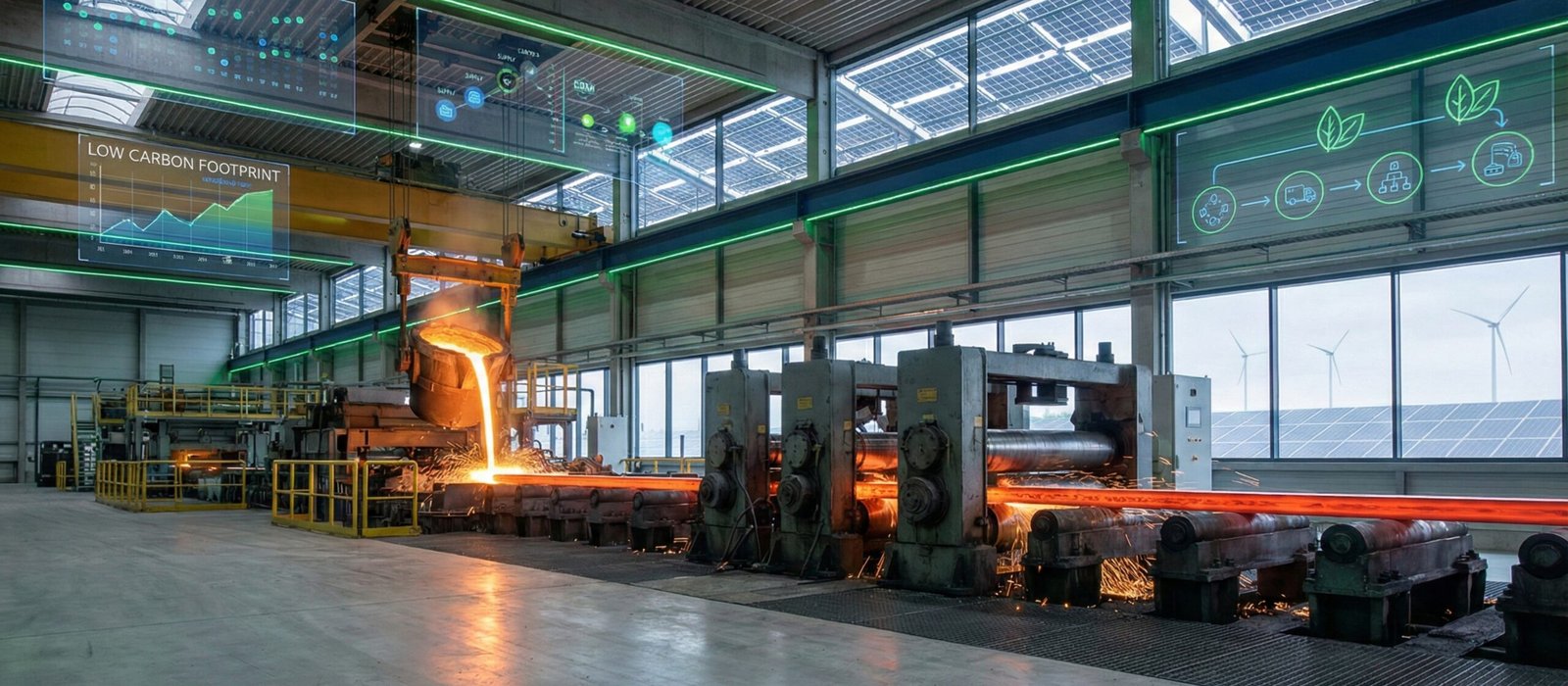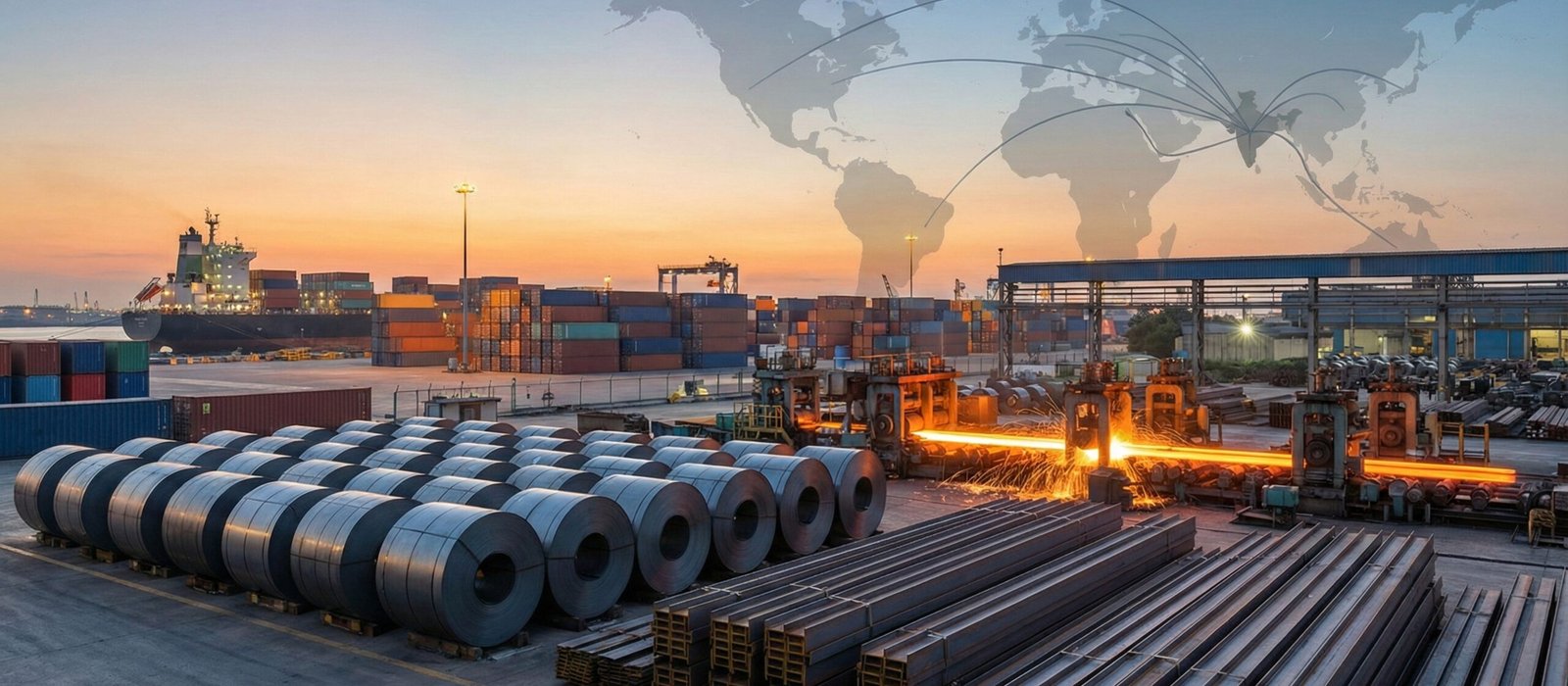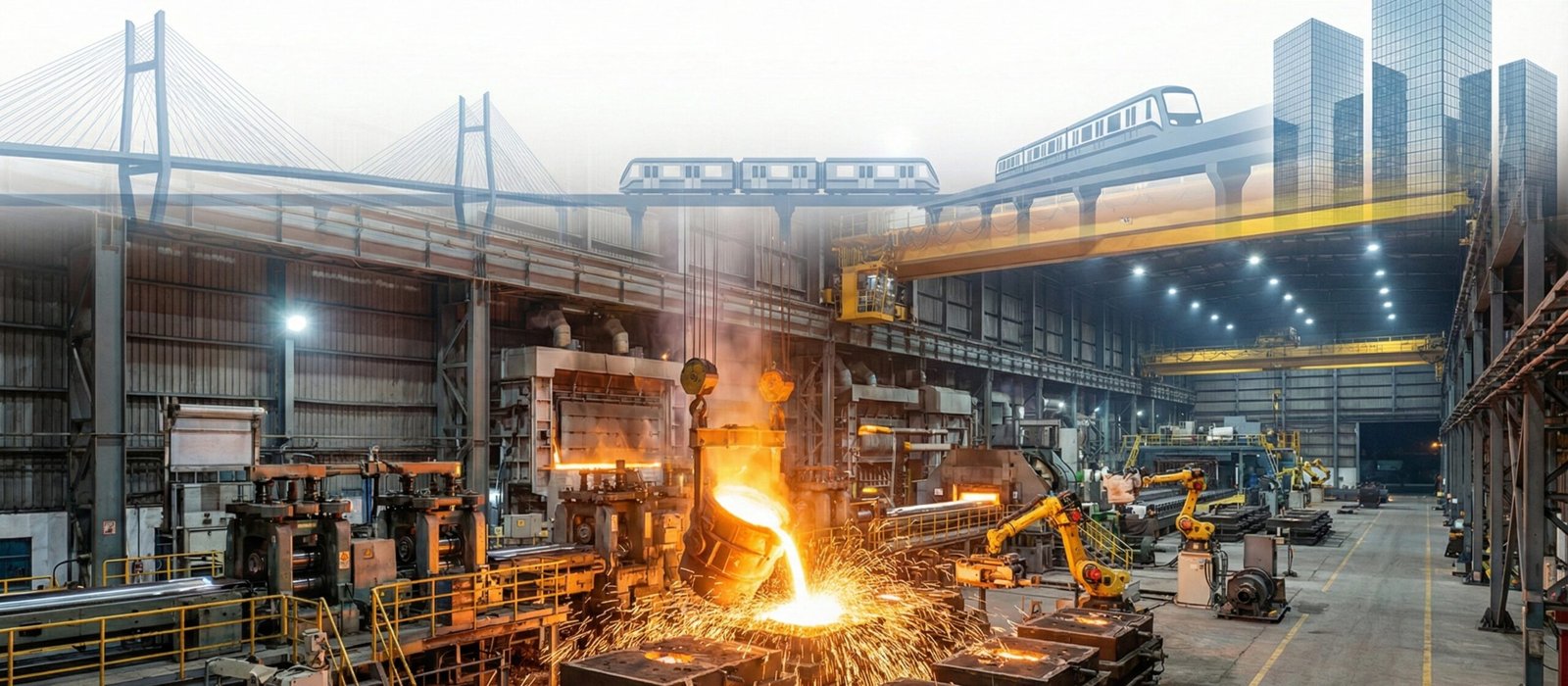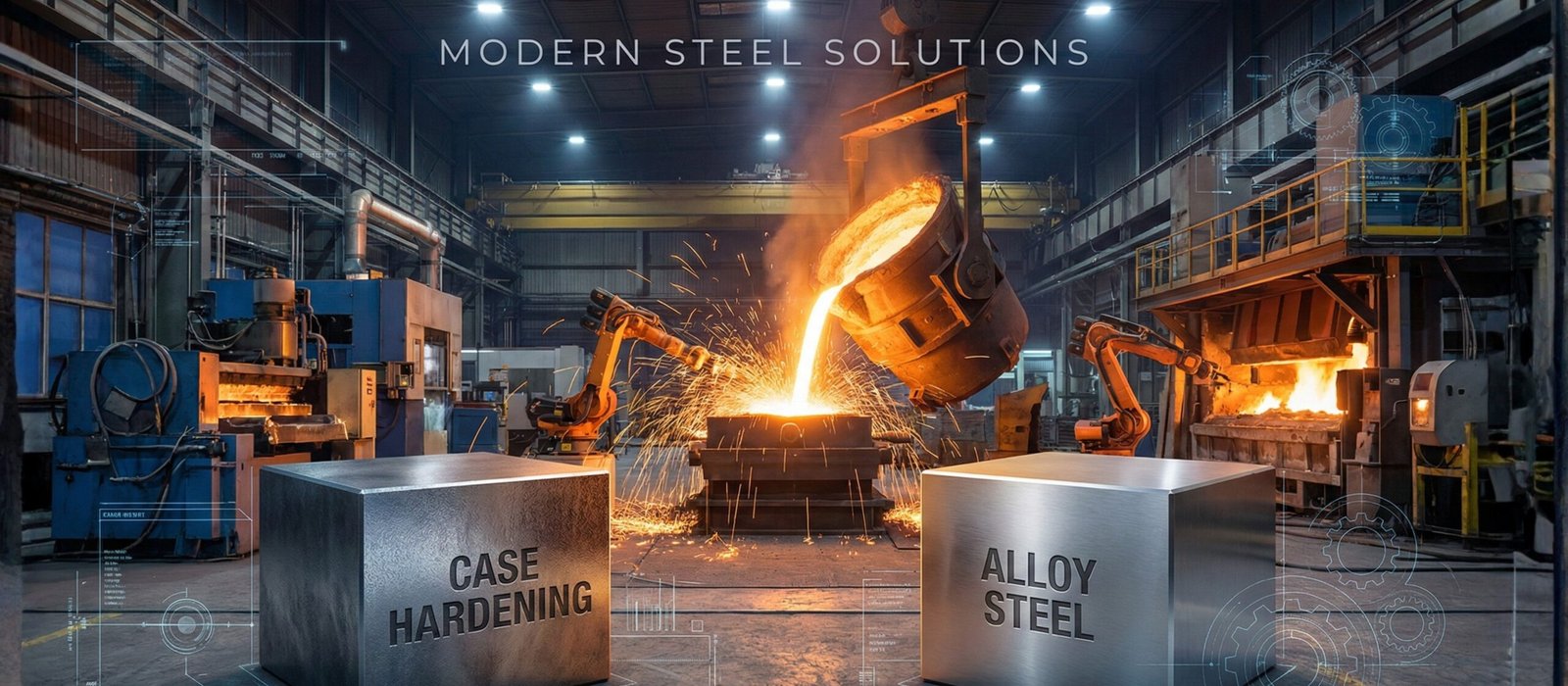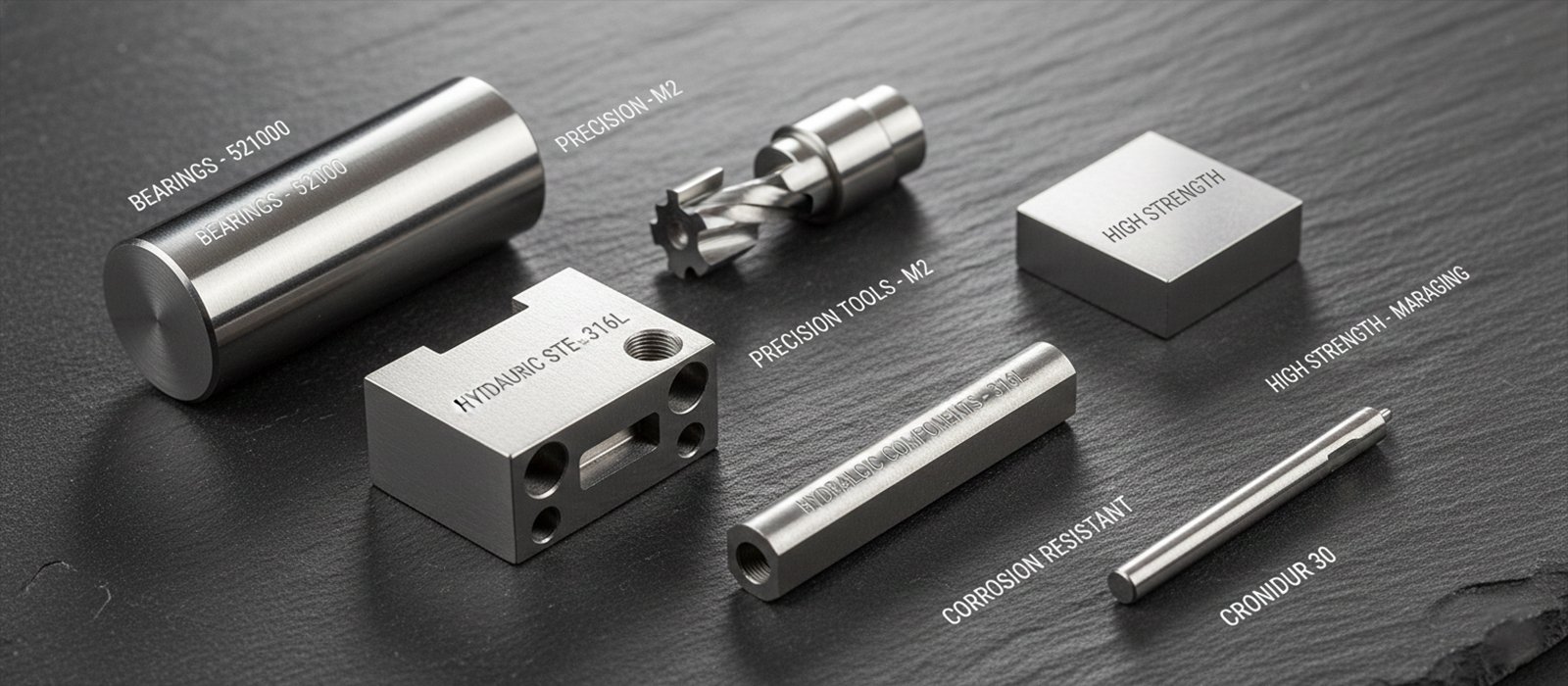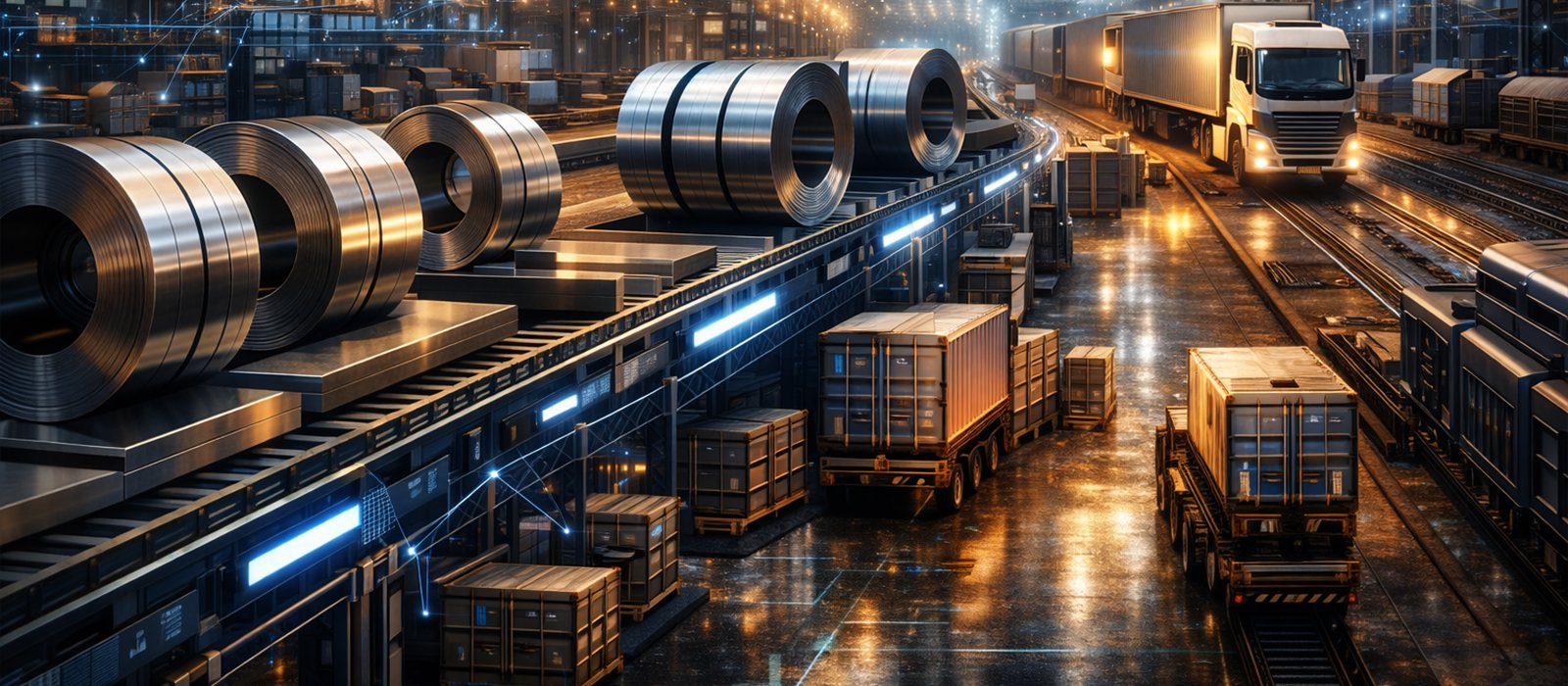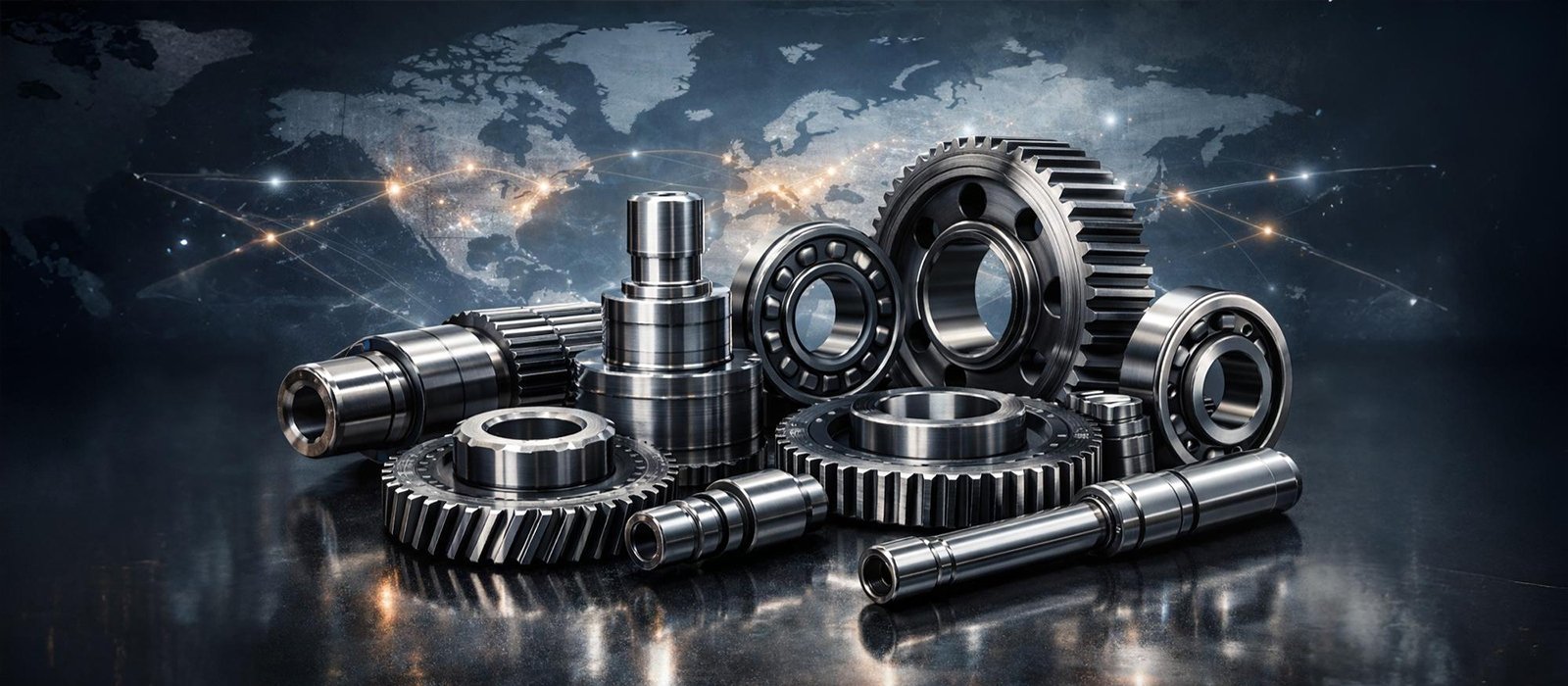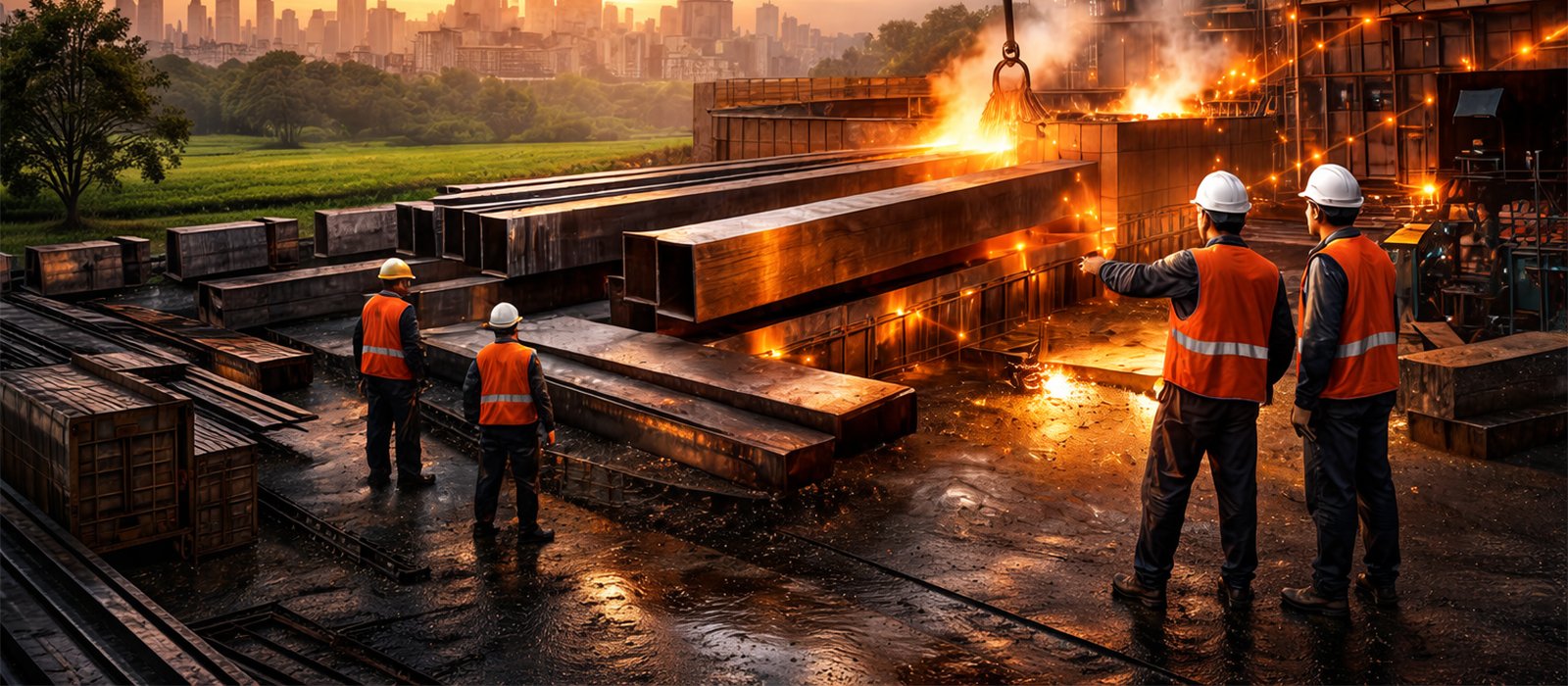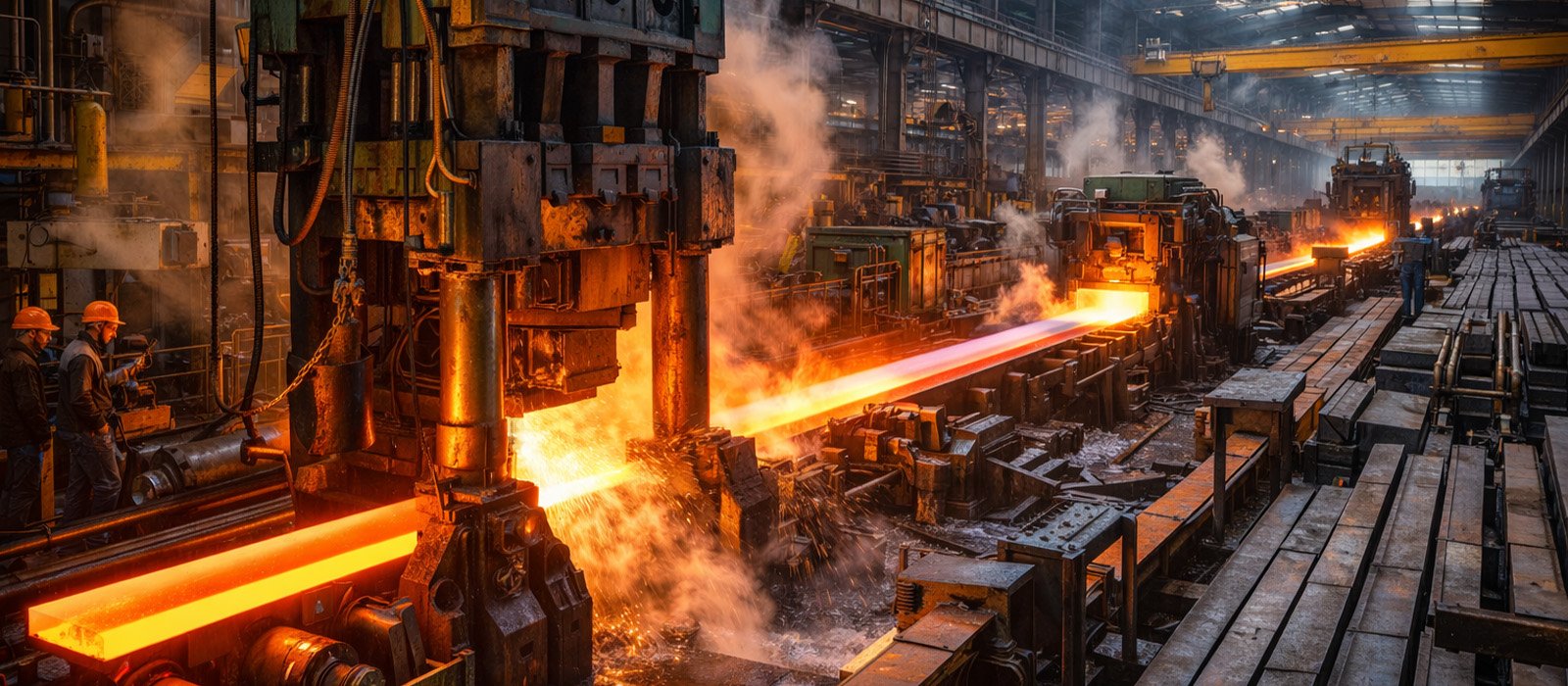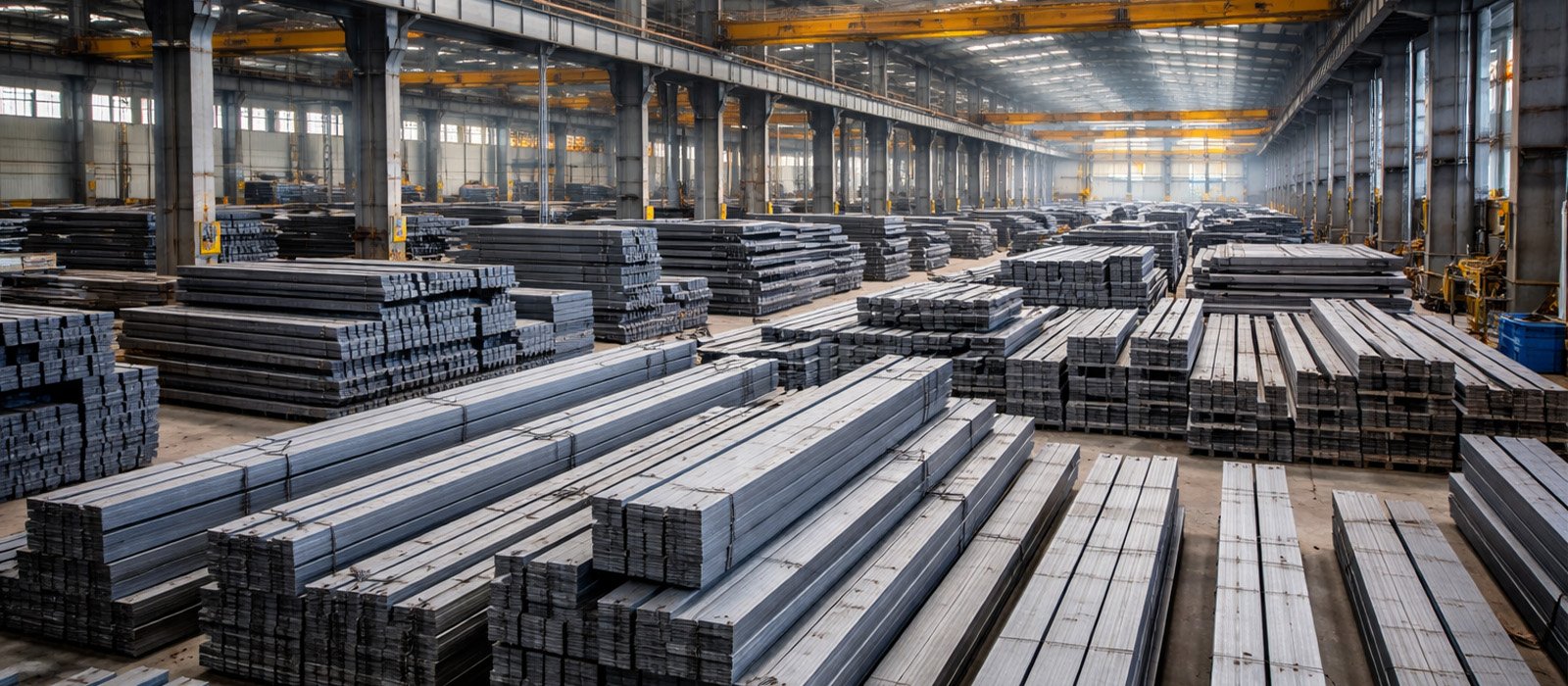Sustainable Steel | Supply Chains & Carbon Reduction
Sustainable steel supply chains reduce costs and carbon footprints. HD Industries explains eco‑friendly logistics, sourcing, and industrial solutions.
sustainable steel, sustainable steel supply chains, sustainable steel india, sustainable steel mumbai, sustainable steel hd industries, sustainable steel suppliers, sustainable steel distributors, sustainable steel traders, sustainable steel stockists, sustainable steel exporters, sustainable steel manufacturers, sustainable steel logistics, sustainable steel procurement, sustainable steel sourcing, sustainable steel operations, sustainable steel industrial growth, sustainable steel efficiency, sustainable steel durability, sustainable steel quality, sustainable steel nationwide delivery, sustainable steel alloy grades, sustainable steel tool grades, sustainable steel en19, sustainable steel en24, sustainable steel en31, sustainable steel en353, sustainable steel sae8620, sustainable steel 20mncr5, sustainable steel 16mncr5, sustainable steel d2, sustainable steel d3, sustainable steel o1, sustainable steel k310, sustainable steel h13, sustainable steel db6, sustainable steel din 1.2714, sustainable steel p20, sustainable steel p20+ni, sustainable steel din 1.2311, sustainable steel din 1.2738, sustainable steel case hardening steel, sustainable steel cold work steel, sustainable steel hot work steel, sustainable steel plastic mould steel, sustainable steel forging, sustainable steel machining, sustainable steel cutting, sustainable steel hydraulics, sustainable steel bearings, sustainable steel tools, sustainable steel automotive, sustainable steel construction, sustainable steel engineering, sustainable steel manufacturing, sustainable steel precision, sustainable steel export, sustainable steel wholesale, sustainable steel bulk supply, sustainable steel storage, sustainable steel infrastructure, sustainable steel industry insights, sustainable steel blog, sustainable steel hd industries blog, sustainable steel carbon reduction, sustainable steel eco‑friendly, sustainable steel green manufacturing, sustainable steel innovation, sustainable steel future trends
Sustainability is no longer a buzzword it’s an essential part of modern manufacturing. For industrial supply chains, adopting sustainable steel practices can reduce operational costs while minimising environmental impact.
Sustainable Sourcing & Production
Using responsibly sourced raw materials and low-emission manufacturing processes helps steel producers reduce carbon footprints. Sustainable steel supply chains are increasingly important for clients prioritising ESG (Environmental, Social, Governance) goals.
Recycling and Resource Efficiency
Recycling steel products and excess materials lowers dependence on virgin resources, reducing waste and energy consumption. This approach not only supports environmental goals but also benefits cost structures.
Transparent Supply Chain Tracking
Digital tools like RFID and blockchain enhance traceability, helping suppliers and customers monitor steel movement and ensure responsible sourcing.
Long-Term Cost Savings
Sustainable steel production leads to efficient energy use, reduced waste, and lower operational costs all contributing to better price stability for industrial buyers.
For companies like HD Industries, integrating sustainability into core operations enhances reliability and aligns with global standards for a greener future.

